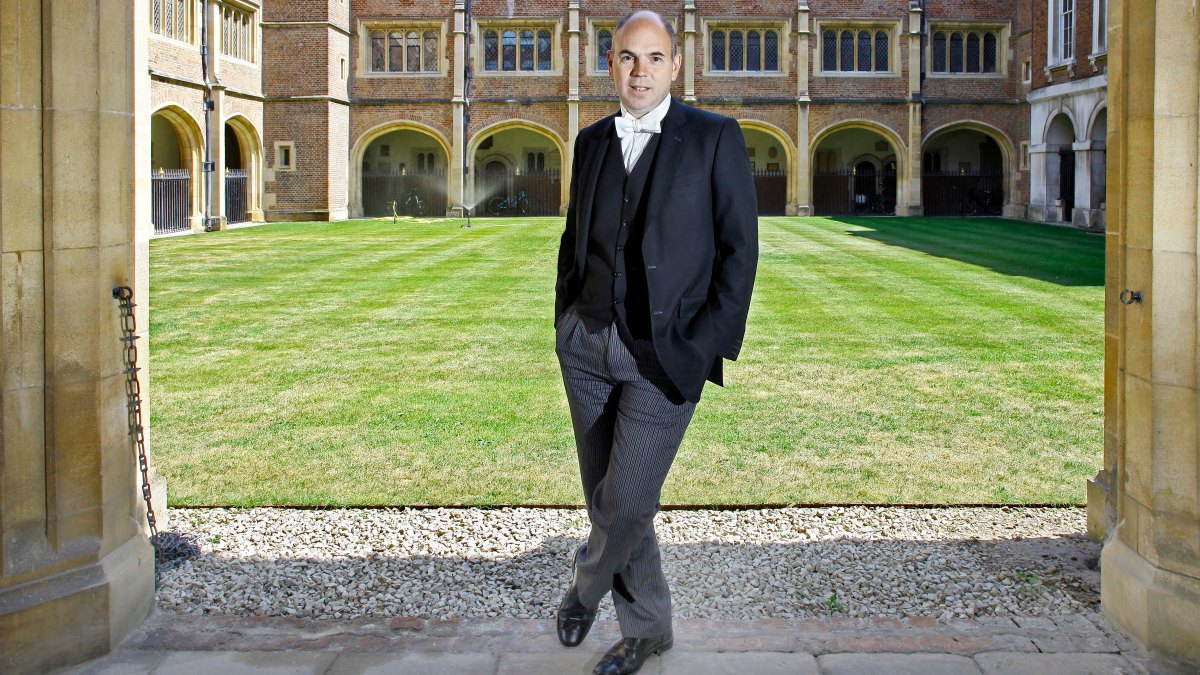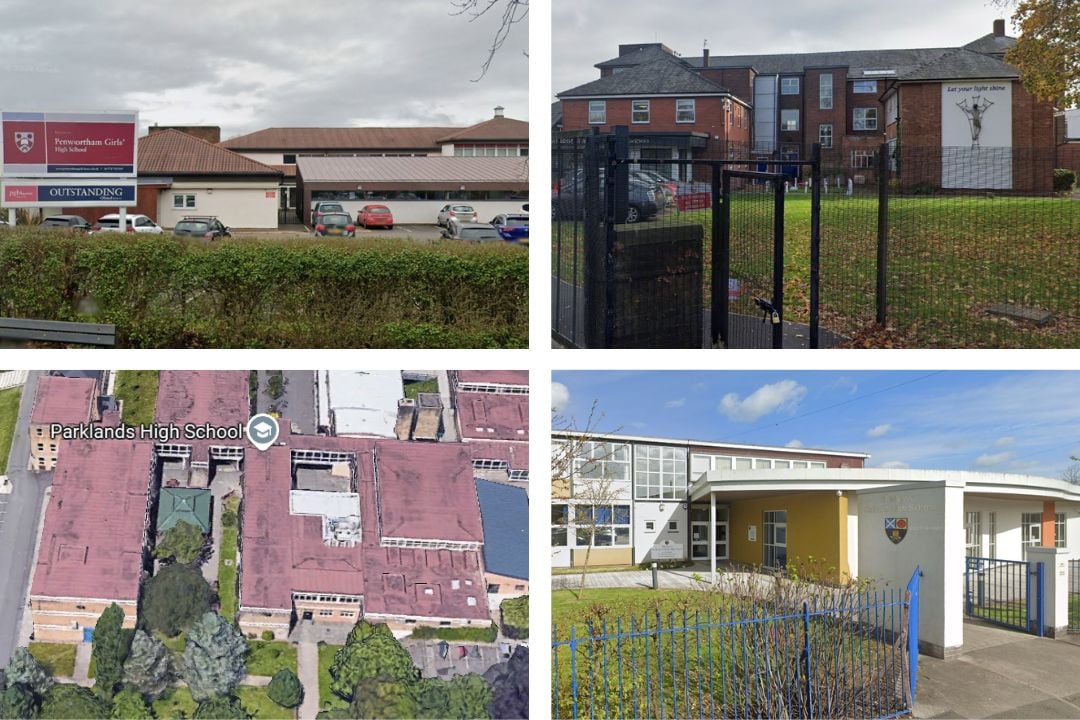Eton College has called on the UK Labour Party to endorse its plans for expanding state school offerings, particularly sixth form colleges in the Midlands and North of England. The prestigious institution aims to create educational opportunities that would benefit students across these regions. However, these plans have recently been put on hold, raising concerns about the future of educational access in underserved areas.
Background on Eton’s Proposal
Eton College, renowned for its historical significance and elite education, has proposed establishing a network of sixth form colleges intended to enhance educational access. This initiative is particularly aimed at addressing disparities in educational opportunities between the South and other regions, specifically the Midlands and North, where educational resources are often limited.
The proposed sixth form colleges are designed to cater to students aged 16-18, offering a curriculum that prepares them for university and professional careers. With ambitions to open these institutions within the next few years, Eton’s plans reflect a commitment to social mobility and educational equity.
Political Landscape and Challenges
Despite Eton’s advocacy for its educational expansion, the Labour Party’s response has not been as supportive as the institution had hoped. The party, currently in a transition phase with potential changes in leadership, has expressed reservations about the feasibility and implications of such proposals.
In September 2023, Labour officials indicated that while they appreciate Eton’s intentions, further discussions are necessary to address funding sources, staffing, and the integration of these colleges into the existing education system. The potential impact on local schools and resources is also a concern.
Eton’s Headmaster, Simon Henderson, emphasized the importance of collaboration with local authorities and educational bodies to ensure that the proposed colleges meet the needs of their communities. “We believe that creating more state school options can provide invaluable opportunities for young people, especially in areas that often lack access to high-quality education,” he stated.
Labour’s reluctance to immediately approve Eton’s plans highlights the broader debate about educational equity in the UK. The party has historically positioned itself as a champion of state education, and any partnership with a prestigious institution like Eton raises questions about inclusivity and accessibility in education.
As the political landscape evolves, Eton’s call for support may set the stage for a larger discussion on educational reform and investment in state schools. The institution remains hopeful that its vision can align with Labour’s objectives, paving the way for constructive dialogue in the near future.
Moving forward, Eton College’s initiative could potentially reshape educational opportunities across the Midlands and North, provided that political support is secured. The outcome of this endeavor will not only influence Eton’s future but also impact the educational landscape in the UK, emphasizing the need for collaboration between elite institutions and the broader educational community.







